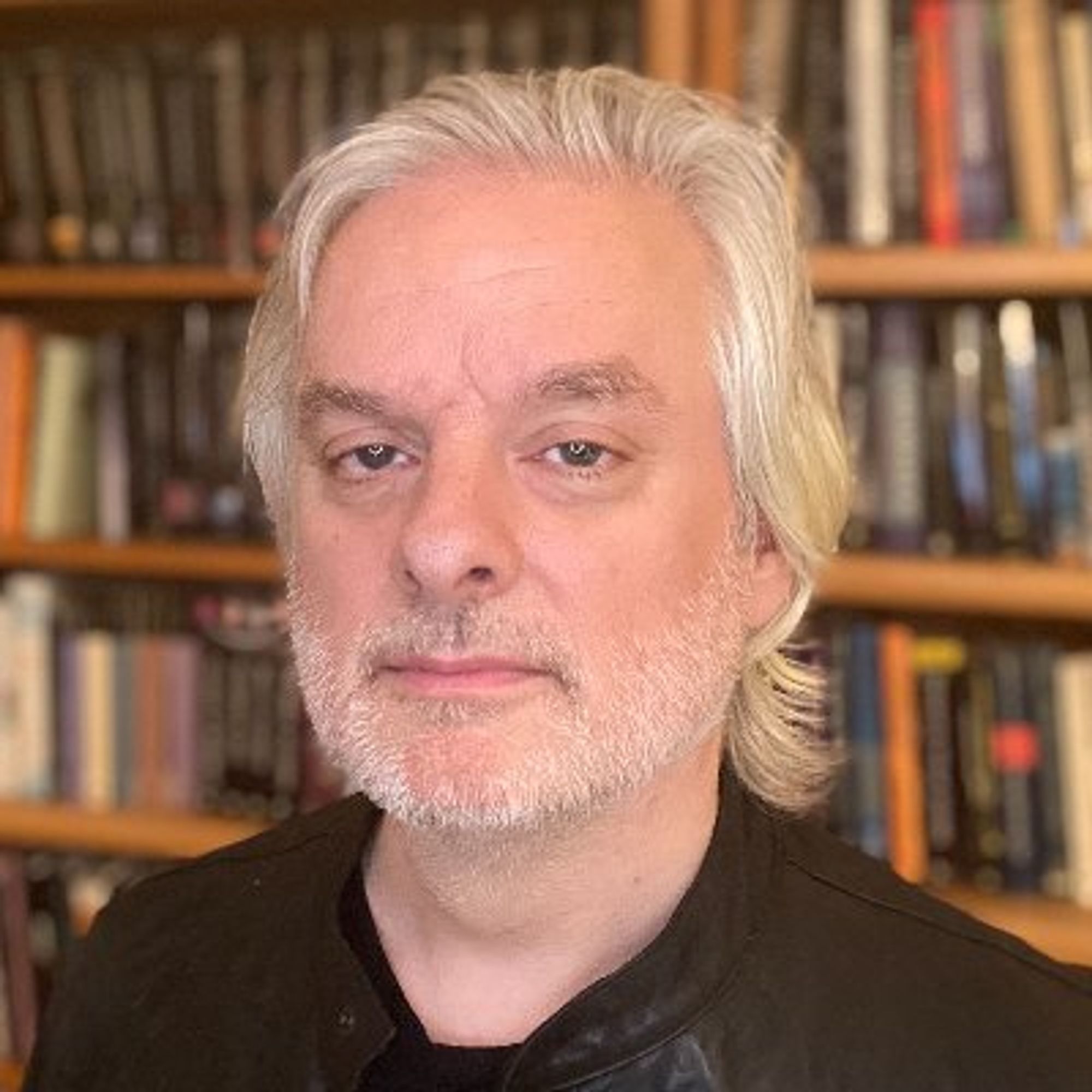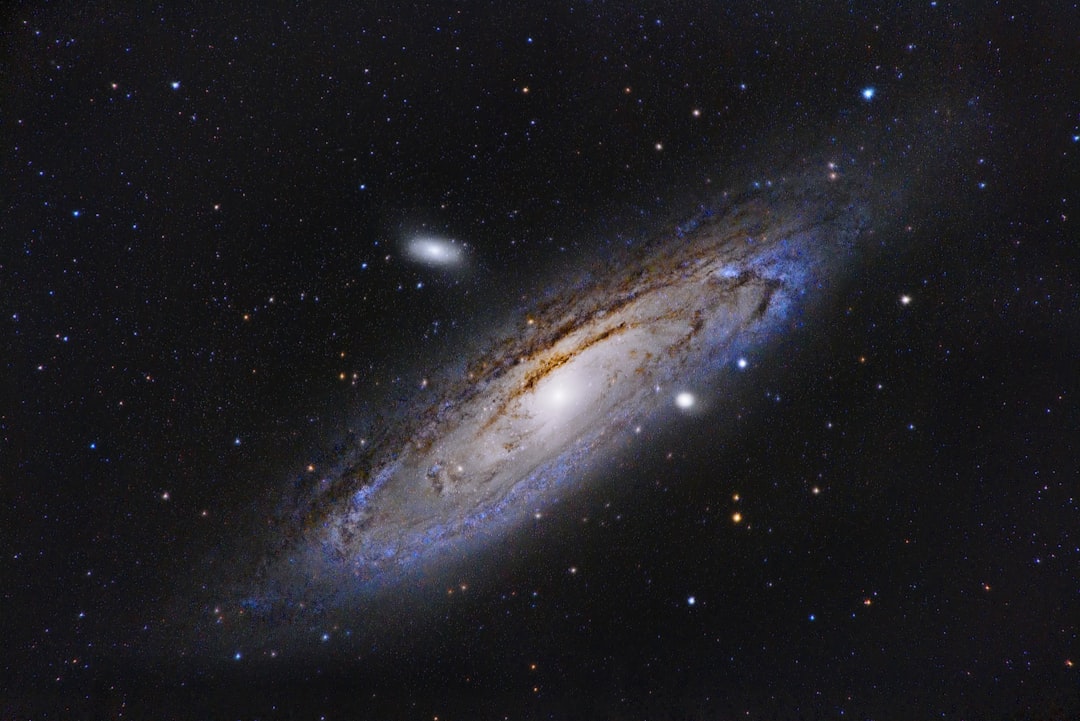
Navigating the labyrinthine corridors of the consciousness phenomenon has ignited intense deliberations among both physicists and philosophers, interrogating the essence of conscious awareness and its genesis. A fascinating proposition, known as panpsychism, has recently seeped into these discussions. It radicalizes traditional thought by endowing not just humans or animals, but every single facet of the universe, with consciousness. This article embarks on a comprehensive tour of this spirited debate, juxtaposing the diverse perspectives and penetrating insights espoused by distinguished thinkers such as Galileo, David Chalmers, and Philip Goff. We seek to illuminate the intricacies tangled within the discourse of consciousness and provide an intriguing scrutiny of the larger implications it holds for our comprehension of existence itself.

Galileo's Early Insights into Consciousness
Although consciousness was not the primary focus of his studies, Galileo planted seeds that would flourish in the consciousness discourse. He noted the existence of certain qualities, such as colors and tastes, in consciousness rather than an inherent objective reality. This distinction between internal, subjective experience and external, objective reality paved the way for future debates around the mystery of consciousness.
The "Hard Problem" of Consciousness and Panpsychism
Coined by philosopher David Chalmers, the "hard problem" of consciousness refers to the challenge of reasoning how inanimate matter associated with the brain spawns subjective experiences. To contend with this issue, Chalmers advocates for the panpsychist standpoint that consciousness is a universal trait, universally inherent, even extending to the realm of inanimate objects like rocks or particles.

Philip Goff and "Galileo's Error"
Philip Goff, another active participant in this debate, reinforces the panpsychist perspective. Goff criticizes physicalism – the view that consciousness emerges solely from intricate systems such as the human brain – in his work "Galileo's Error". Goff's panpsychism instead declares consciousness as a fundamental feature pervasive throughout all levels of reality.
The Combination Problem and the "Other Minds" Problem
The combination problem and the "other minds" problem present noteworthy challenges to panpsychism. The former refers to the issue of reconciling how elementary elements of consciousness coalesce to develop advanced conscious entities like the human mind. The latter addresses the predicament of inferring the conscious experience of another individual, further underscoring the intricate nature of the consciousness debate.
Criticisms and Alternative Perspectives
While panpsychism has its proponents, it also faces robust criticism from experts like neuroscientist Anil Seth, and physicists Sean Carroll and Lee Smolin, who assert that panpsychism lacks explanatory power and testable hypotheses. They maintain that consciousness arises as an emergent property of the macroscopic world, opposing the notion of it as a fundamental aspect of reality. Cognitive scientist Donald Hoffman posits the need to explore beyond spacetime to unravel the conscious mystery.
Exploring Cosmopsychism and Psychological Ether Theory
The consciousness debate extends beyond panpsychism with intriguing theories like cosmopsychism, which postulates the universe itself as one conscious entity. The psychological ether theory delves even deeper, questioning humanity's conventional belief that brains generate consciousness, suggesting instead they might tap into an already present consciousness.
In light of this discourse, panpsychism invites us to reconsider our conventional views of consciousness by proposing its ties to the very fabric of reality. Despite the criticism and alternative viewpoints, the journey to unmask consciousness remains invigorating and crucial for understanding our existence. By engaging with divergent perspectives and exploring various theories, we may inch closer to unravelling the enigma of consciousness.

Expert Perspectives: Contributions and Criticisms
Aligning itself with the discourse, the perspective presented by Christof Koch, a renowned neuroscientist, suggests that the attribute of consciousness is not confined to a particular material. He posits that the entire cosmos is saturated with the essence of sentience, underlining an echo of panpsychist thought. Yanssel Garcia, a thinker rooted in philosophy, vehemently discards the ability of physical science to narrate the comprehensive tale of consciousness, further boosting the panpsychist argument.
Contrarily, a more critical view imbibes the likes of neuroscientist Anil Seth, whose opposition lies in panpsychism's inability to offer explanatory merit or result in testable hypotheses. Similarly, physicists Sean Carroll and Lee Smolin challenge the panpsychist view, arguing to uphold consciousness as an emergent offshoot of macroscopic reality rather than a primary universal attribute.
Caught amidst these contrasting hues, cognitive scientist Donald Hoffman, encourages delving deeper, transcending the boundaries of spacetime when it comes to understanding conscious experiences.
The Pursuit Continues: Further Directions and Conclusion
The dialogue surrounding consciousness, though paradoxical and encompassing a myriad theories and arguments, serves as a vibrant platform for intellectual pursuit and implications far beyond our present understanding. Panpsychism, despite its critics, has been instrumental in broadening the contours of this dialogue by challenging the traditional realm of scientific and philosophical thought.
Yet, it is apparent that none of the arguments at hand offer a definitive, undisputed account of consciousness; they merely add varying shades to our understanding, allowing us to expand our collective wisdom about existence. Unmasking the layers of consciousness, hence, endures as an enticing arena for continued investigation and thought. As the pursuit persists, only time will tell how our understanding evolves and which theory, if any, might eventually reign triumphant, illuminating the ultimate enigma of the conscious mind.

**The Consciousness Enigma: From Physicalism to Cosmopsychism**
The heated debates among physicists and philosophers about the nature of consciousness and its origins have amplified the profile of various theories, with panpsychism emerging as a particularly provocative player in the discussions. Panpsychism flips traditional perspectives, suggesting that consciousness is not exclusive to humans or animals, but extends throughout the universe, even to inanimate objects.
This idea traces back to Galileo, who observed that certain qualities, such as color or taste, reside in consciousness as opposed to being inherent, objective realities. These observations have crystallized into today's question surrounding the origins of consciousness and its relationship with objective reality.
The "hard problem" of consciousness, a phrase introduced by philosopher David Chalmers, is a central enigma in these discussions, referencing the question of how inanimate matter connected to the brain leads to subjective experiences. Chalmers advocates for panpsychism as a potential solution, arguing that consciousness is a fundamental aspect of reality that pervades the universe. Author Philip Goff consolidates the argument for panpsychism in his book "Galileo's Error", challenging the physicalist notion that consciousness is an emergent by-product of complexity in the brain.
However, substantial barriers block the panpsychist pathway, including the combination problem and the "other minds" problem, which contend with explaining how simple conscious entities combine into more complex ones and how one might deduce another’s conscious experience, respectively. These challenges remind us of the intricate complexity of the consciousness issue.
Despite the appeal of panpsychism to some, it also faces intense criticism. Scientists like neuroscientist Anil Seth and physicists Sean Carroll and Lee Smolin dispute panpsychism's explanatory power, proposing instead that consciousness is an emergent property of complex systems, not a fundamental feature. The discourse also extends to theories like cosmopsychism, which postulates a conscious universe, and the psychological ether theory, which suggests brains tap into consciousness that already exists.
A journey through this discourse suggests that perhaps panpsychism warrants serious consideration. Through mounting challenges and exploring new perspectives, we inch closer to understanding the enigma that consciousness represents and the place it occupies in our understanding of existence.
Q: What is panpsychism?
A: Panpsychism is the belief that consciousness is a fundamental aspect of reality and exists not only in humans and animals but also in all things, including inanimate objects.
Q: Who are some key thinkers in the consciousness debate?
A: Some key thinkers in the consciousness debate include Galileo, David Chalmers, Philip Goff, Anil Seth, Sean Carroll, Lee Smolin, and Donald Hoffman.
Q: What did Galileo observe about consciousness?
A: Galileo observed that certain qualities, such as colors and tastes, reside in consciousness rather than being inherent objective realities.
Q: What is the "hard problem" of consciousness?
A: The "hard problem" of consciousness refers to the challenge of understanding how inanimate matter gives rise to subjective experiences.
Q: What does David Chalmers advocate for in regards to consciousness?
A: David Chalmers advocates for the viewpoint that consciousness is a universal trait, extending even to inanimate objects, known as panpsychism.
Q: What is Philip Goff's perspective on consciousness?
A: Philip Goff supports panpsychism and considers consciousness to be a fundamental feature pervasive throughout all levels of reality.
Q: What are the combination problem and the "other minds" problem in relation to panpsychism?
A: The combination problem refers to the challenge of explaining how elementary elements of consciousness combine to form more complex conscious entities. The "other minds" problem pertains to the difficulty of inferring the conscious experience of another individual.
Q: What are some criticisms of panpsychism?
A: Some criticisms of panpsychism include its lack of explanatory power, the absence of testable hypotheses, and the proposition that consciousness is an emergent property of complex systems.
Q: What are some alternative theories to panpsychism in the consciousness debate?
A: Some alternative theories to panpsychism include physicalism, which suggests that consciousness emerges from complex systems like the human brain, and theories like cosmopsychism, which propose that the entire universe itself is a conscious entity.
Q: What is the conclusion and future direction of the consciousness debate?
A: The consciousness debate continues to be a vibrant platform for intellectual pursuit and exploration. While panpsychism challenges traditional perspectives, no definitive account of consciousness has been established. Further investigation and thought are necessary to unravel the enigma of consciousness and its relationship with existence.
